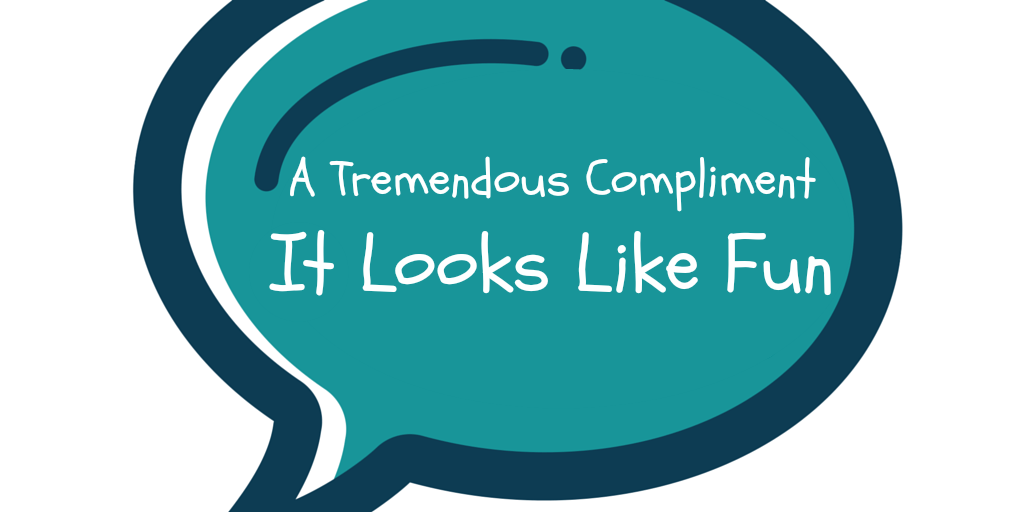
Communicate So That Someone Cares
I see it way too often in business and life in general that we communicate by saying what we want to say. What if we shifted this to communicate based on what we believe others care about?
For instance, I know that sales is really about relationship building and storytelling. So when I communicate with a sales person, I must tell them why a specific decision was made. They also need to know lots of contextual details because they will take that information then turn around and use it to convince a customer of something. They may be trying to convince them to buy a product or why they do not want to overspecify a product, etc. The point is that if I communicate with them very literally with only minimal facts and details, it is going to be insufficient based on what they care about.
If we look at the reverse, Engineering will be much more logical. If I communicate too much context to an engineer, they will feel it to be inefficient. The style is much more direct and facts based. At the same time I know they care about every detail, not just the one they have asked about, so while I cannot share fuzzy emotional details, I should tell them every factual detail I know. Otherwise they will come back and ask anyway later. Usually after they have walked away and worried about it, spending time thinking about what they do not know about something instead of taking action. Knowing that there will undoubtedly be more questions, I must mentally prepare for additional communication or provide another outlet by putting them in touch with a better subject matter expert.
Similarly, if I can read the mood or feelings of my audience, then I can be much more effective. If they are worried about something, I need to communicate the content and tone to address their concerns. If they are uncertain, I must either relate to that uncertainty as we work together to find certainty or portray full faith and confidence to replace their fear with my courage. If they are excited about an accomplishment, I must match that energy level in order to encourage their achievement or else I will diminish their excitement. I think you get the impression.
This is really hard to do. It requires real effort because I cannot simply respond. Instead I must gauge my audience, check my own emotions, adjust them to match the situation, assemble a message fitting the person and moment, then deliver the response. All that takes place in a matter of milliseconds.
This is really important though. I’m telling you so much of my time as a leader is spent helping others work through issues after initial communication goes poorly.
Why can’t we just get along? Why do they have to be so difficult? What is wrong with them? Why don’t they ever listen? Why is it so hard to get the information I need?
Maybe it is not them after all. Why don’t you go communicate in a way they will care? I bet it changes the dynamic of the conversation.




